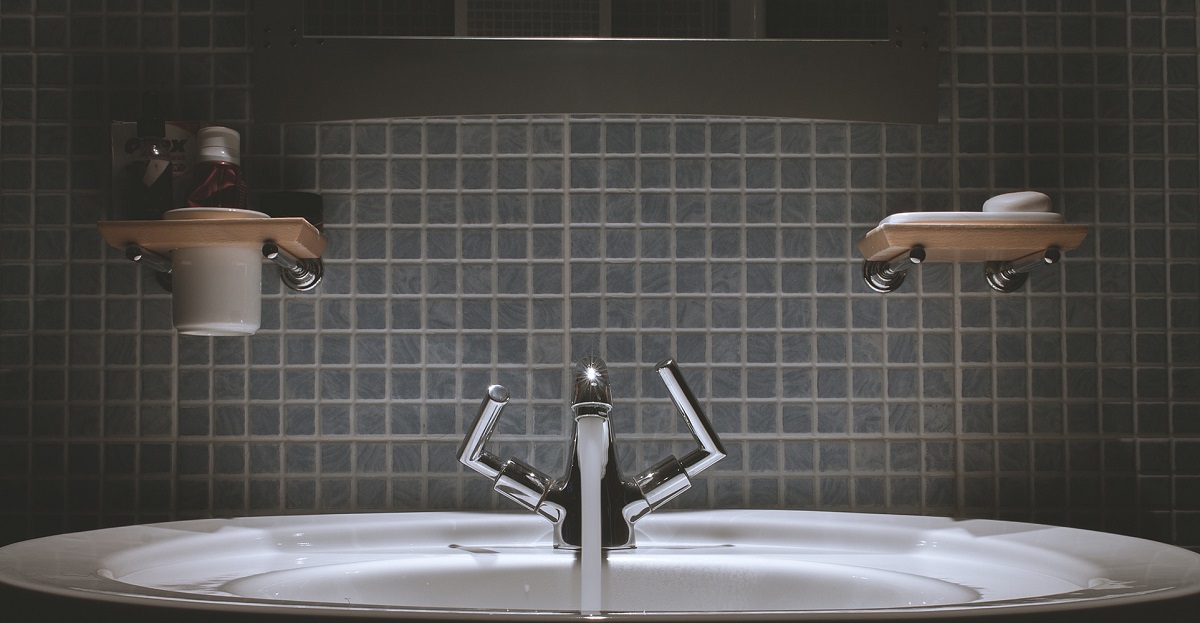The question of who should foot the water bill seems to cause as much back and forth as the age-old notion of the chicken and the egg, as we once approached in a previous post. Who’s to say either side should fork up the cash to pay for this controversial utility? Today, we’re taking a look at both sides of this billing story.
Unless otherwise stated in the lease, the water (or combined water and sewage) bill falls under the traditional utility umbrella. So if the lease says the tenant is responsible for all utilities associated with the property, then the water bill is his or her responsibility. If the lease denotes that water is built into the monthly rent charge then, as you guessed it, the water bill falls on the landlord’s shoulders for payment.
But what happens when the tenant doesn’t pay their water bill? They move out and you’re stuck with a sizable amount for their past due H2O. That’s where it gets sticky.
In several municipalities, water is owned by the city, not by a private utility company, meaning the city does have the power to put a lien on your property if the bill isn’t paid. It’s as if you let your friend borrow your car and in return, they zip past a speed camera, initiating a speeding ticket. If they don’t pay the fine, it ultimately becomes your responsibility as the titled owner of that vehicle. You could go after the former tenant by way of a civil suit, but you would have to satisfy the water company’s lien before another tenant could move in.
A lien against your property is not a matter to brush off lightly. You could ultimately lose your property if you refuse to pay and the utility company pursues action against you in court.
To avoid the delinquency issue all together, pay the water bill for the property and factor the average cost per unit in with the monthly rent charge. This way, you’re certain the bill is paid and you aren’t left holding the bag.
Depending on your state’s laws, you might be able to add a clause in your lease stating the security deposit will not be returned until all utility bills are paid in full. You could also ask the utility company to notify you when the water bill is more than 30 days overdue in order to avoid any surprises.
However you decide to manage your property, consider both sides of the water bill conundrum. The answer for your community might be simpler than you think.






